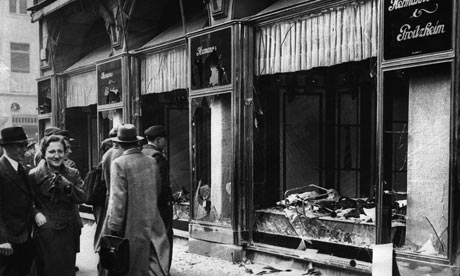The most interesting topic I found most interesting in Berlin was the Berlin wall itself. A little past midnight in August of 1961, trucks with soldiers and construction workers came through East Berlin. These crews began tearing up streets that entered into West Berlin, dug holes to put up the concrete posts, and strung barb wire all across the border. The wall was a physical division between East and West Berlin. Symbol of communism and democracy. There were different allies that were posted in Berlin. They had United States, Great Britain, France, and the Soviet Union. The Soviet Union kind of disintegrated to itself, which caused tension between west and east Berlin. East and West turned into competition and aggressiveness. The United States, Great Britain, and France were with the West side of Germany, which stood for democracy. While the Soviet Union was in the East side of Germany, which stood for communism. Since the city of Berlin has been situated entirely within the Soviet zone of occupation, West Berlin became an island of democracy within Communist East Germany. Living conditions in West Germany and East Germany became distinctly different. West Germany set up a capitalist society and experienced such a rapid growth of their economy that it became known as the economic miracle. As for east side of Germany, it was under the direct influence of the Soviet Union, and the economy dragged and individual freedoms were severely restricted. The wall was up for 28 years, and was torn down in 1989. Some of the wall still remains up, but it was sanitized and made into art for everyone to see.
In the years to come, turks settled in western berlin, and vietnamese people settled in east berlin.
 Lastly, I would like to discuss the Berliners themselves and the Jews that lived there. It seemed like everyone that lived in Berlin were very proud to be who they were. It was the place where many Jews found sanctuary and were able to live and prosper. Things didn't go downhill truly for them, until Hitler took control. Jewish stores were shattered and broken and put into flames. One story I found most interesting was the Jewish man, Joseph Wartine. I thought he had a deep story because he lost his whole family in Berlin, and was treated very bad. Jews in Berlin were taken away in vans by Nazis and Jews who stayed behind were squatters pretty much and food was scarce and were treated very badly by soldiers. Joseph who stayed behind was very smart, because when he was caught by the soldiers and was beaten close to death. He was smart because he heard that the soldiers were afraid of scarlet fever, and in the end that's what helped him survive.
Lastly, I would like to discuss the Berliners themselves and the Jews that lived there. It seemed like everyone that lived in Berlin were very proud to be who they were. It was the place where many Jews found sanctuary and were able to live and prosper. Things didn't go downhill truly for them, until Hitler took control. Jewish stores were shattered and broken and put into flames. One story I found most interesting was the Jewish man, Joseph Wartine. I thought he had a deep story because he lost his whole family in Berlin, and was treated very bad. Jews in Berlin were taken away in vans by Nazis and Jews who stayed behind were squatters pretty much and food was scarce and were treated very badly by soldiers. Joseph who stayed behind was very smart, because when he was caught by the soldiers and was beaten close to death. He was smart because he heard that the soldiers were afraid of scarlet fever, and in the end that's what helped him survive.
At the end of the war, Berlin was not the same as it once was. It has taken many years for Berlin to recover, but even till today, Berlin is still recovering. A lot of blood was spilt in that city, and the heart of Berlin was split into two. Today Berlin is back into one unified capitol of Germany, and no matter where it's people went, they will always be Berliners.
No comments:
Post a Comment